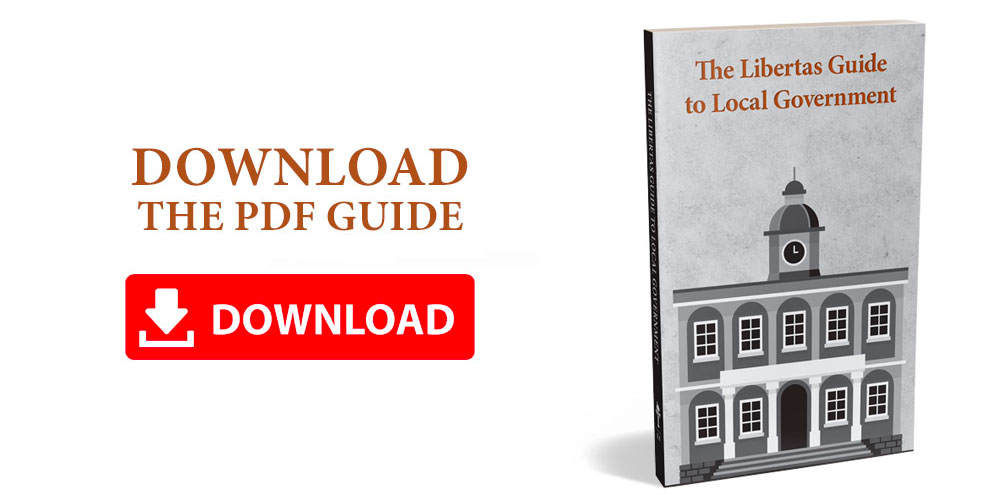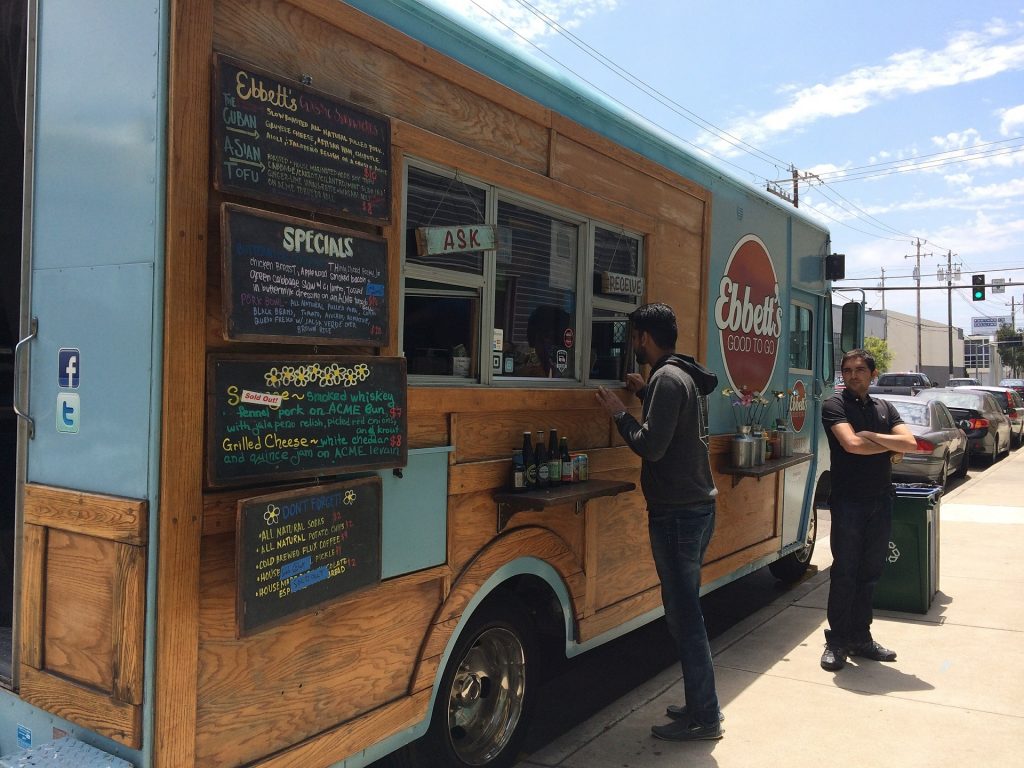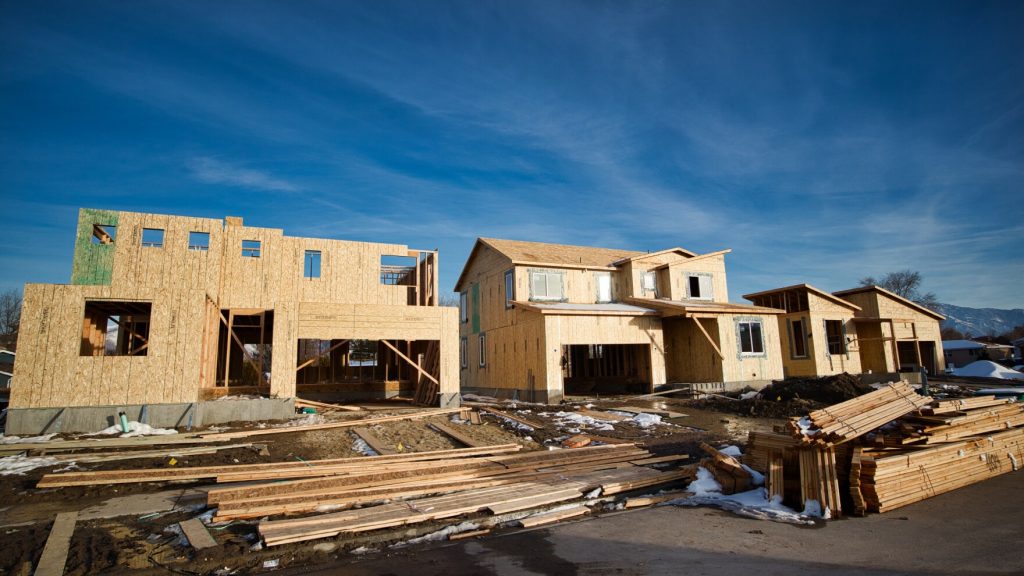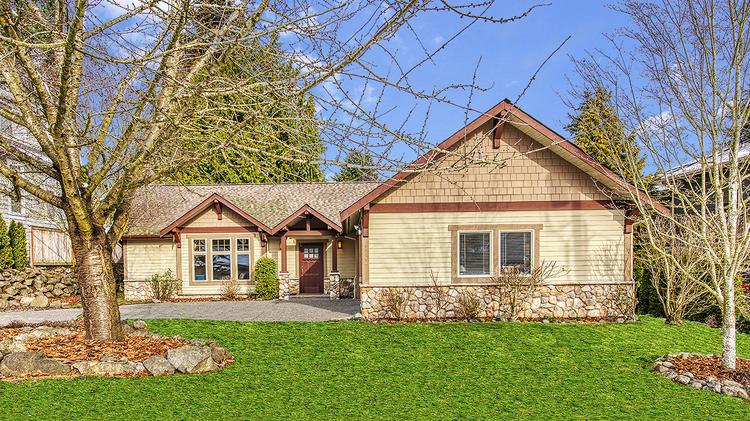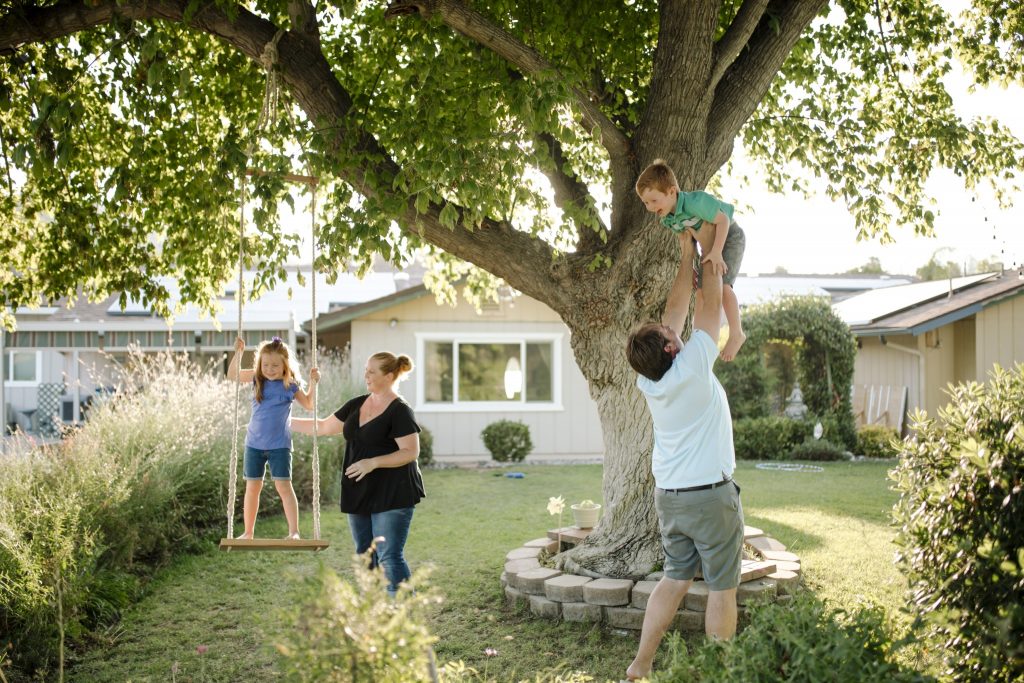When it comes to government, we all have areas of both understanding and ignorance. This is especially true of local government, the realm of city councils, county commissions, and local ordinances. It is simply impossible for one person to have researched everything. Furthermore, topics related to local government can be the trickiest to navigate and often reveal gray areas when it comes to political philosophy.
To this end, we have prepared—and will be constantly expanding—our Local Government Toolkit. Prepared primarily as a resource for local government officials, our Toolkit also provides valuable clarification and perspective for the general public.
The Libertas Guide to Local Government, along with the resources below, can get you up to speed. You can download the PDF of our guide or email localgovt@libertas.org to request one or more printed copies for free.
Featured Topic – Food Trucks
We have worked extensively on food truck related policy. Click an item below to explore our toolkit topic and featured resources.
Topics Related to Fees
Click an item below to see a specific toolkit topic, or see here for our Local Government Guide for this category.
Topics Related to Taxes
Click an item below to see a specific toolkit topic, or see here for our Local Government Guide for this category.
Topics Related to Property Rights
Click an item below to see a specific toolkit topic, or see here for our Local Government Guide for this category.
Topics Related to Government Services and the Private Market
Click an item below to see a specific toolkit topic, or see here for our Local Government Guide for this category.
Topics Related to Individual Responsibility
Click an item below to see a specific toolkit topic, or see here for our Local Government Guide for this category.
Topics Related to Transparency
Click an item below to see a specific toolkit topic, or see here for our Local Government Guide for this category.
Topics Related to Law Enforcement
Click an item below to see a specific toolkit topic, or see here for our Local Government Guide for this category.
Topics Related to Public Infrastructure
Click an item below to see a specific toolkit topic, or see here for our Local Government Guide for this category.
Model Ordinances
Click an item below to access a model ordinance for a specific topic.

